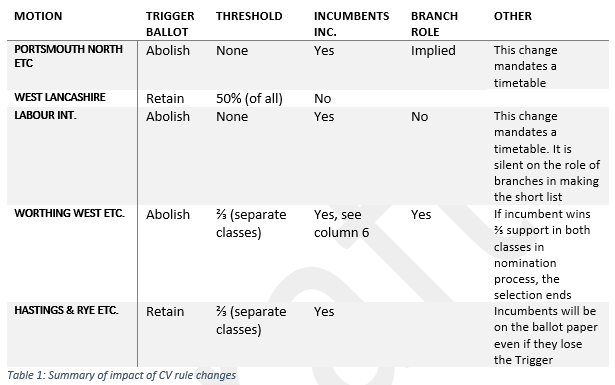My copy of the Economic Journal arrived last week, and an article, “Pathbreakers? Women’s Electoral Success and Future Political Participation” by Bhalotra, Clots-Figueras & Iyer caught my eye. Are successful women political role models and do they have coat-tails? The answer in India it would seem is no! They hang around and other women do not follow them, whether out of solidarity, or due to a seemingly unassailable queue it is unclear although it would seem that power does not like to be shared; the problems are institutional and not based in gender biases although where gender bias exists within the party and the general public, men it seems retaliate.
This is pretty interesting. If there are similar factors in the UK, then maybe we should consider term limits and in the case of the Labour Party, it would be an argument for abolishing trigger ballots and having open selections, for women MPs as well as male ones. It would also be best if Labour revoked the introduction of trigger ballots for councillors.
ooOOOoo
Also interesting is their presentation of academic evidence that having more women politicians is good for women and children, but also for men.
Several recent papers document that increasing women’s political representation results in policy choices that are more favorable to women (Chattopadhyay and Duflo 2004, Rehavi 2012, Iyer et al. 2012), and that improve investments in children and lower corruption (Brollo and Troiano 2014, Bhalotra and Clots-Figueras 2014, Clots-Figueras 2012, Dollar, Fisman and Gatti 2001, Miller 2008, Swamy et al 2001). This suggests that women’s under-representation in political office disadvantages one half of society, and may have additional social costs.
Let’s note that lower corruption is a benefit for all, and that some investment houses score companies highly if they have a high number of female directors/mangers. …

